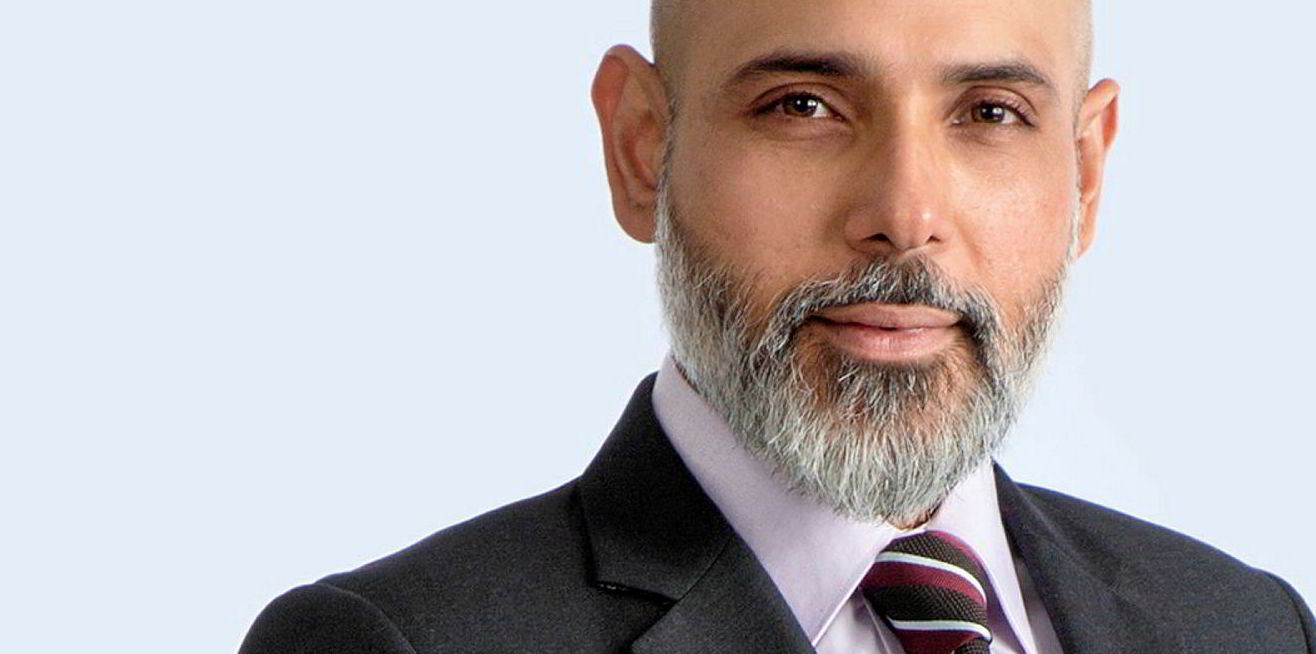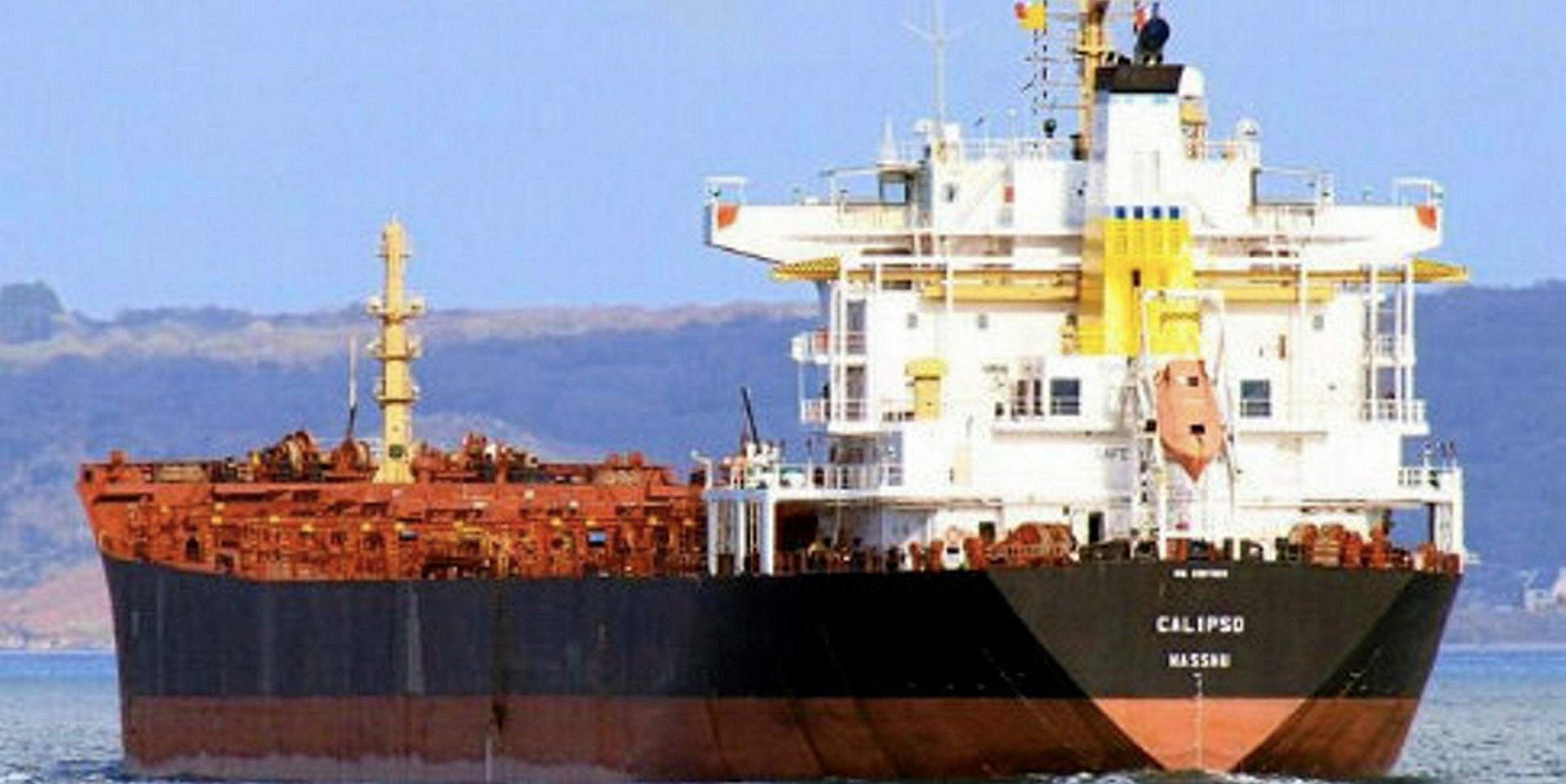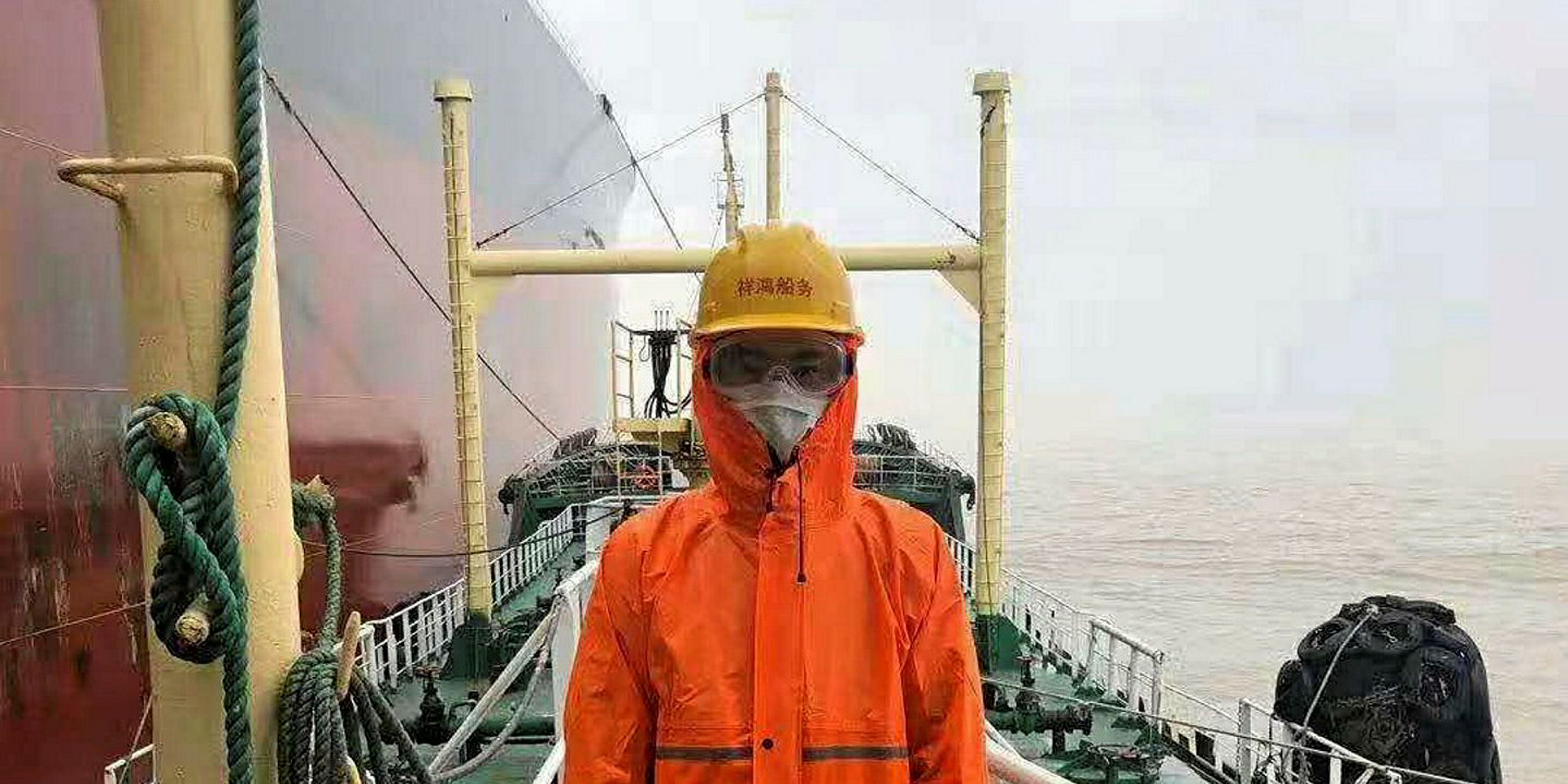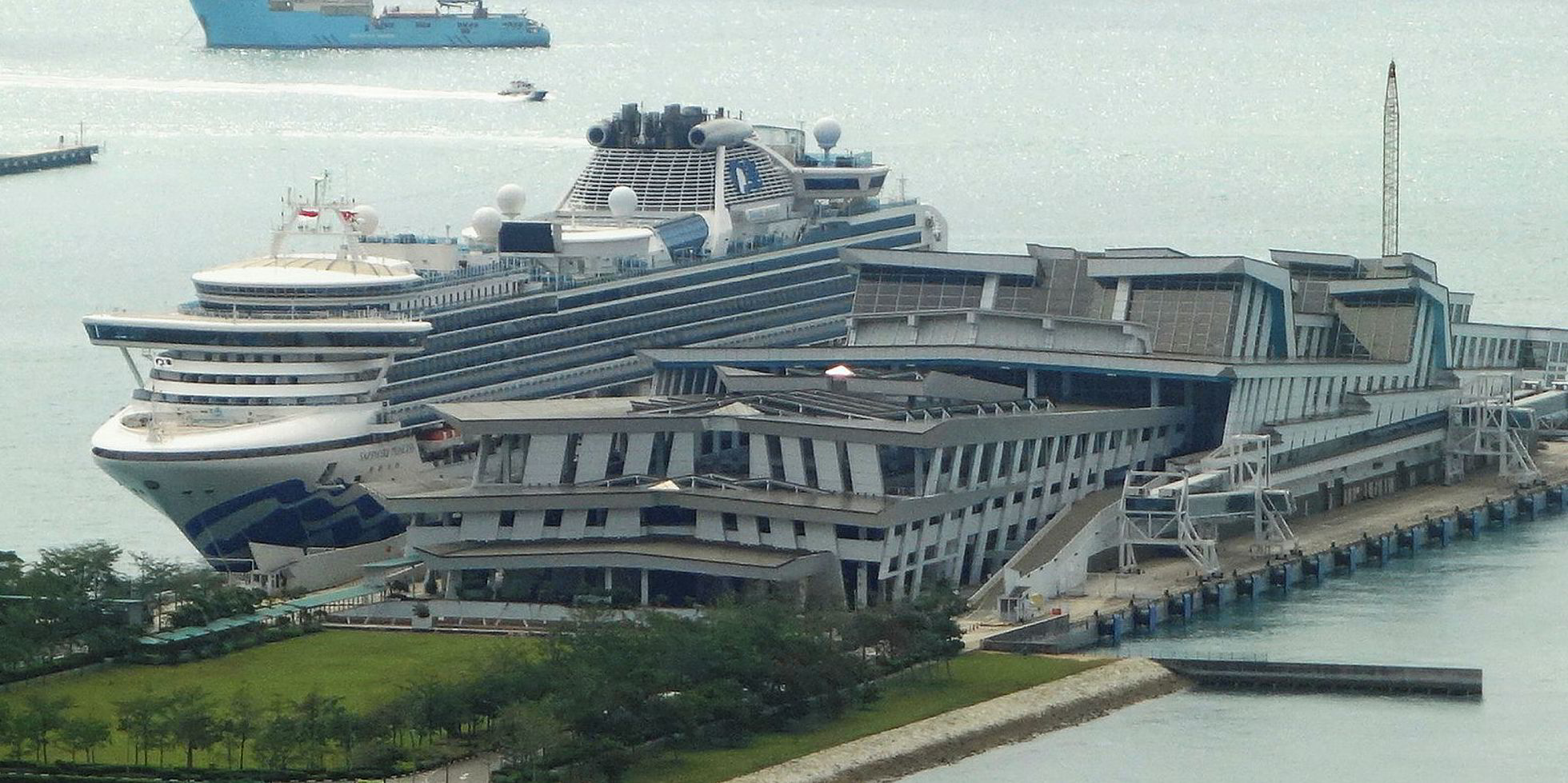Legal experts warned this week that shipping faces "substantial" financial costs in the wake of the coronavirus outbreak, as counterparties seek to extricate themselves from their contractual liabilities by declaring force majeure.
A force majeure clause expressly excuses non-performance due to events beyond someone’s control, lawyers from law firm Hill Dickinson explained in a recently distributed briefing on the coronavirus, which has been named Covid-19 by the World Health Organization.
It may also allow a party to postpone its contractual obligations for a certain period of time.
The warning comes as shipping faces myriad issues in the wake of the outbreak, with some shippers unable to load cargoes, tender notices of readiness due to quarantine or discharge where ports have been wholly or partially quarantined or closed.
Shipowners, insurers, charterers, traders and financiers will all face different obligations where force majeure is declared, according to Sumeet Malhotra, a Singapore-based partner of Hill Dickinson, who specialises in international trade.
“We are fielding calls from clients concerned about whether or not they will be liable for any delays, and whether a global pandemic constitutes an event of force majeure,” Malhotra said.
“We have clients with cargoes entering geographies where it may prove impossible to unload the cargo, or loading in geographies where it is now proving impossible to load the cargo.
“Ascertaining whether you are going to be left holding the baby will be determined by a number of variables, such as what your role in the supply chain is, the factual matrix of the facts at hand and the contents of your contracts.”
Not off the hook
Baldev Bhinder, managing director of the Singapore-based commodities and trade law firm Blackstone & Gold, noted that shipping could still find itself exposed even if a force majeure declaration gets traders off the hook.
“Trade contracts and charterparty contracts go hand in hand, but they are not in sync,” he said. “A force majeure declaration in a trade contract may not necessarily give a right to a force majeure declaration in charterparty contracts.
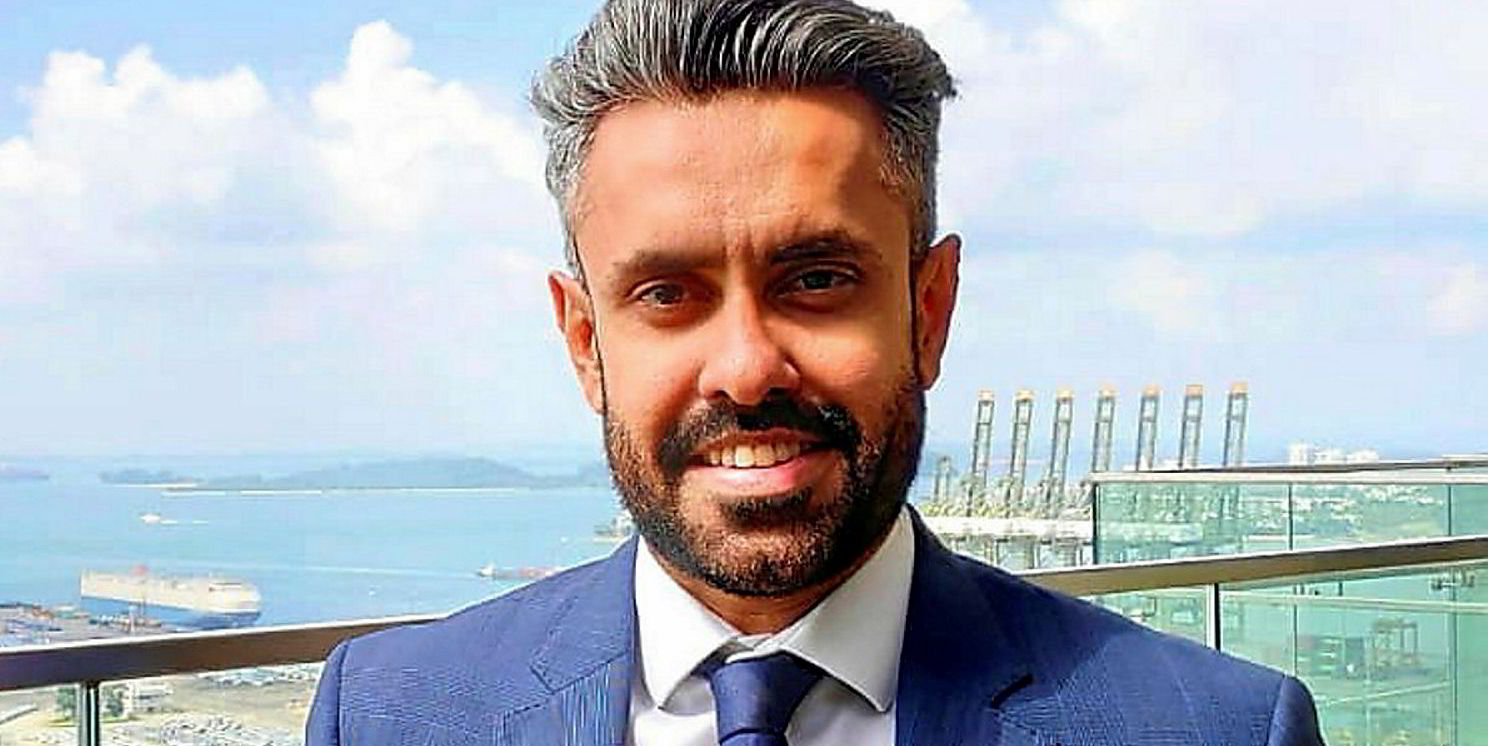
“There are several areas of a charterparty that will need to be examined in the event vessels are delayed, quarantined or diverted in the event a crew member is infected or port closed due to the virus.
"Parties will need to examine whether such events can fall under the scope of safe port warranties, laytime and off-hire clauses in charterparties,” he explained.
Malhotra added that his law firm is advising clients engaged in the sale of goods on a cost and freight (CNF) basis. This means that as long as they are able to load the goods at the load port in accordance with their contract obligations, their buyers cannot plead an inability to perform their end of the bargain by reason of force majeure.
“While ports and governments are treating this as force majeure, it does not mean that your counterparties are excused of their obligations,” he said.
Ticking clock
"As a CNF seller, your sole obligation is to load the goods onto a vessel and deliver them. If the vessel has issued a notice of readiness to begin discharge, the clock starts ticking. If the receiver is unable to discharge the goods, then you are entitled to demurrage.
“The problem arises when the vessel can’t enter port limits and tender its notice of readiness, in which case it falls on the shipowner for the delay.”
Bhinder said businesses should be prepared for the worst.
“We have only seen the tip of the iceberg of the commercial effects of the virus,” he said. “Delays and cost implications will be substantial and every party, whether a trader, transporter, buyer, end user or financier, needs to reassess its own contractual obligations.
"Even if force majeure does not apply, other contractual clauses or doctrines, such as frustration and commercial impracticability, may provide relief.”
But Malhotra believes the legal problems that are emerging are not insurmountable.
“Our industry has weathered many far worse storms in recent memory, and I am very confident that the quiet, calm professionalism that the industry has displayed in the past will carry the day yet again,” he said.
